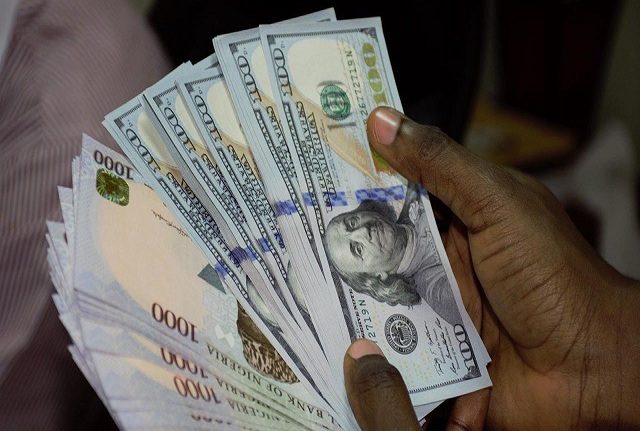Nigeria’s public debt stock has surged by 10% in the second quarter of 2024, reaching a total of N134.3 trillion (approximately US$91.3 billion), according to the latest data released by the Debt Management Office (DMO).
This marks a notable increase of N12.6 trillion from the previous quarter, driven by two key factors: the depreciation of the naira and fresh borrowings by the federal government.
Naira Depreciation and Borrowing Push Debt Higher
The rise in Nigeria’s debt is largely attributed to the weakening of the naira against the US dollar, which increased the cost of servicing dollar-denominated debt.
The naira’s exchange rate for converting foreign loans stood at N1,470.2 per USD in Q2 2024, compared to N1,330.3 per USD in the first quarter. This depreciation added about N5.9 trillion to Nigeria’s overall public debt stock.
In addition to currency depreciation, the federal government has also made fresh borrowings from domestic sources, further pushing the total debt figures higher. These borrowings reflect the ongoing need for the government to finance its budget deficits, especially in the face of economic challenges and infrastructure development requirements.
Debt Breakdown and Growing Fiscal Pressure
The total public debt now stands at N134.3 trillion, representing a 10% increase from the previous quarter’s debt stock.
As Nigeria’s economy continues to face significant fiscal challenges, including lower oil revenues and the need for higher public expenditure, the government’s reliance on external and domestic debt has become a more prominent feature of the national economic landscape.
This increase in public debt is a significant development in Nigeria’s ongoing fiscal policy management, highlighting the delicate balance between economic growth and debt sustainability.
As Nigeria grapples with rising debt levels, the government and policymakers must prioritize sustainable borrowing practices and focus on boosting revenue generation from non-oil sectors. The country’s current debt burden emphasizes the urgency of economic diversification and fiscal reform to reduce the dependence on borrowing.
The DMO’s update underscores the growing fiscal pressure facing Nigeria, with a particular focus on managing the impact of currency fluctuations and external borrowings.
The 10% rise in Nigeria’s public debt highlights both the challenges and the pressures on the national economy. As the naira weakens and government borrowings continue, the need for robust fiscal reforms and sustainable debt management strategies becomes more urgent.
Nigeria’s economic future depends on how effectively it manages these challenges and drives growth in non-oil sectors to reduce reliance on borrowing.















